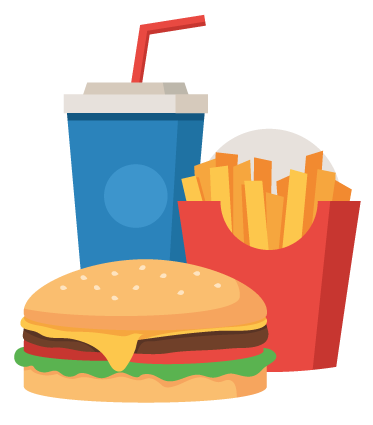What is cholesterol?
Cholesterol is a fatty substance found in your blood. If you have too much cholesterol in your blood, it can increase your risk of heart disease, heart attack and stroke. If you have been prescribed statins, your doctor has assessed that you are at significant risk of CVD. Statins can reduce this risk by a third if taken properly and at the right dose.
Why should I lower my cholesterol?
Evidence strongly indicates that high cholesterol can increase the risk of:
- narrowing of the arteries (atherosclerosis)
- heart attack
- stroke
- transient ischaemic attack (TIA) – often known as a mini stroke
- peripheral arterial disease (PAD)
What causes high cholesterol?
Many factors can increase your chances of having heart problems or a stroke if you have high cholesterol.
What should my cholesterol levels be?
If you need to have your cholesterol measured, it will be in units called millimoles per litre of blood (mmol/l).
As a general guide, you should aim to have a total cholesterol level of under 4mmol/l - especially if you are at risk of, or already have, heart and circulatory disease.
How can I improve my cholesterol levels?
Lifestyle changes, such as eating a healthy, balanced diet; taking regular exercise and giving up smoking, help to improve cholesterol levels.
You can swap food containing saturated fat with fruit, vegetables and wholegrain cereals. This will also help prevent high cholesterol returning.
What are statins and why do they help reduce the risk of heart attacks and strokes?
Statins are a group of medicines that can help lower the level of low-density lipoprotein (LDL) cholesterol in your blood.
LDL cholesterol is often referred to as bad cholesterol, and statins reduce its production inside the liver.
Who should take statins?
Having a high level of LDL cholesterol is potentially dangerous, as it can lead to the hardening and narrowing of arteries (atherosclerosis) and cardiovascular disease (CVD).
Why has my doctor recently changed my statin medication?
Evidence has shown that people taking more effective statins, in particular atorvastatin, enjoy additional benefit compared with those people taking less effective statins such as pravastatin or some doses of simvastatin.
Healthy Hearts TV
Faisal Majothi, Senior Pharmacist at NHS Vale of York Clinical Commissioning Group (CCG), explains how your local pharmacist can answer any questions you may have about your prescribed statin medication.
One of the first things Vale of York's Healthy Hearts programme is doing to help reduce people's risk of having a heart attack or stroke is ensuring that patients are prescribed the most effective statins.
Register for updates
Register here for updates on Vale of York's Healthy Hearts programme. Please fill all fields marked with a *.
Where else can I find helpful information?

